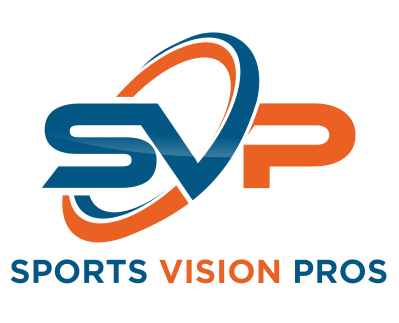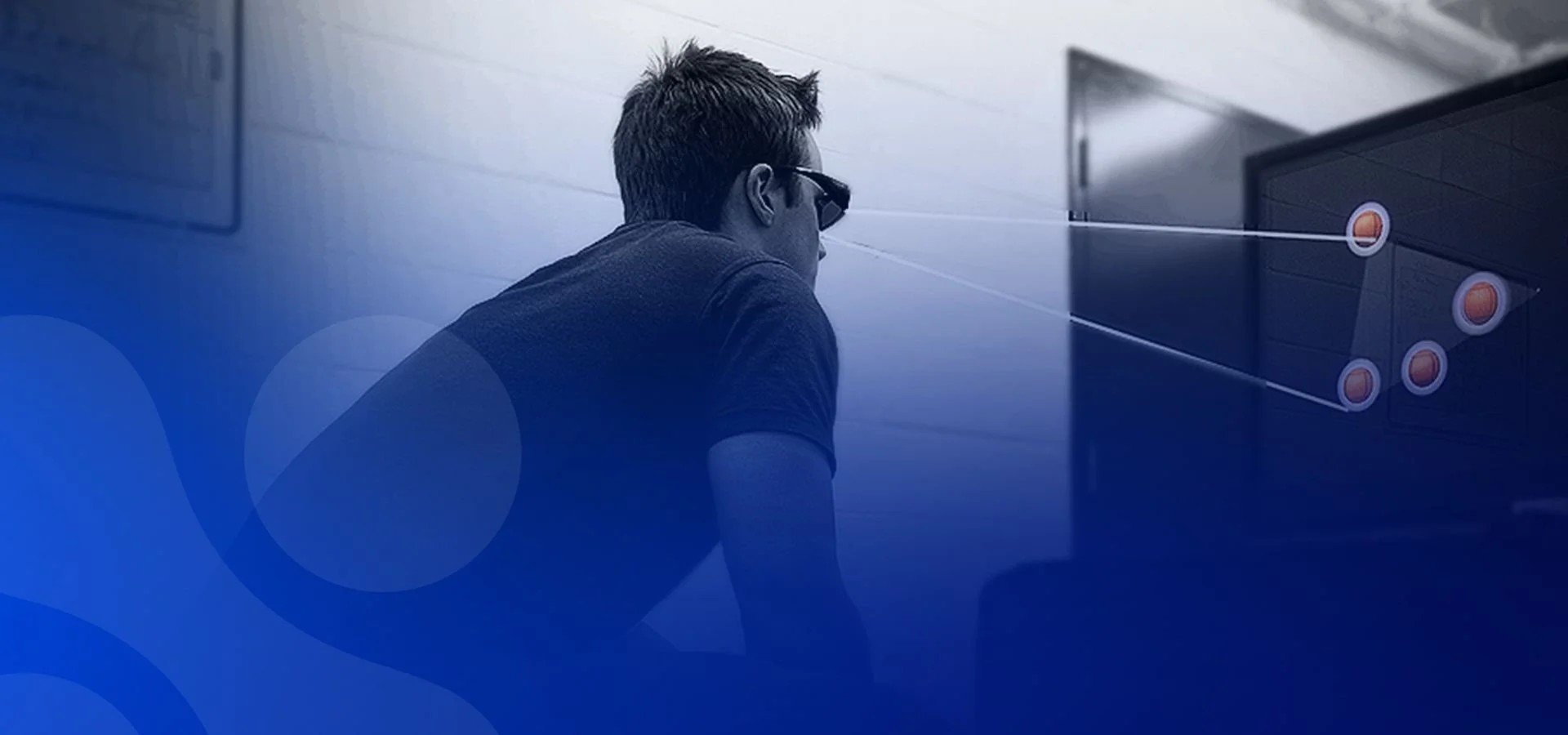Athletes - Vision Health

Whether you’re in high school, a professional athlete, or an enthusiast, poor vision can significantly impede your performance and safety. If you can’t see the ball or other players, you will have a much more difficult time catching, passing, and safely maneuvering through obstacles.
More practically, if a competitor sees better or reacts more quickly, you are at a significant disadvantage. If you watch almost any sport, the player that truly stands out is not necessarily the fastest or strongest player, but the one that seems to see things just a little bit earlier and react just a little bit more quickly.
Unfortunately, many athletes don't realize they suffer from undiagnosed vision impairments and spend significant time and resources compensating for poor vision or slower recognition without ever addressing their unknown vision impairments. Addressing these vision issues can save you time as well as improve your performance and safety.
Signs of Poor Vision
It is important that you know the signs of vision impairments and ensure that you visit an eye doctor for an in-person examination. If you experience any of the following warning signs, make sure you see an eye doctor right away:
Vision strain/headaches from performance or reading
Difficulty tracking a target/ball
Poor aim
Lack of peripheral awareness
Slower reaction time
Misjudging depth (i.e., trouble catching or throwing accurately)
Difficulty with varying light levels
Remember, it is important that you regularly see an eye doctor even if don’t have signs of vision impairments or have passed a school screening. Not all vision impairments have obvious warning signs, and not all impairments immediately impact performance. It's better to be treated by an eye doctor before an impairment becomes obvious and begins to impact your performance and safety. Furthermore, your vision may be “good enough” to pass a school screening, but still not be good enough for your sport. Even if you pass a school screening, you should still regularly see an eye doctor.
Visual Performance Evaluations
All good athletes are in tune with their bodies. Being conscious of any potential visual component deficiencies should lead to a desire for a visual performance evaluation. Identifying areas of visual deficiency can have a dramatic effect on improving overall visual performance in sports.
Visual performance evaluations will address specific visual needs based on sports and positions that may vary greatly. For example, a sport like soccer has a great need for depth perception and peripheral vision testing without defined acuity goals. Baseball, on the other hand, has a defined study (Kirchen/laby) that defines acuity goals necessary to perform well in that sport.
Partners
Follow Us
September is Sports Eye Safety Month and SVP wants to highlight a recent video with Dr. Smithson and Prevent Blindness' CEO, Jeff Todd.
Learn the crucial techniques to identify hidden issues and ensure early intervention. Knowledge is power when it comes to brain heal. Check out this important video message from Dr.Keith Smithson
Dr. Smithson discusses Telehealth resources available to sports vision professionals with NeuroTracker.
He graduated from Pacific University, College of Optometry in 1994. Dr. Tad Buckingham has experience in fire and emergency services that allowed him to impact emergent eye care, and ocular injections, and to develop guidelines to manage medical emergencies in the primary care office.
Recently, we had an amazing conversation with Ernest Eugene from Orlando Magic and Eric Waters from Utah Jazz.
We talked about vision's influence on basketball players' performance, and how athletic trainers can implement sports vision techniques into athletes' training programs.
Dry eyes can influence your vision and cause problems during training or game, therefore it’s important to fix the issue.
There are many types of tints used in various types of glasses, and their function is not only to turn you into the number one fashionista (however, this function is also a good enough reason to buy a new pair of tint glasses into your collection😎).

















